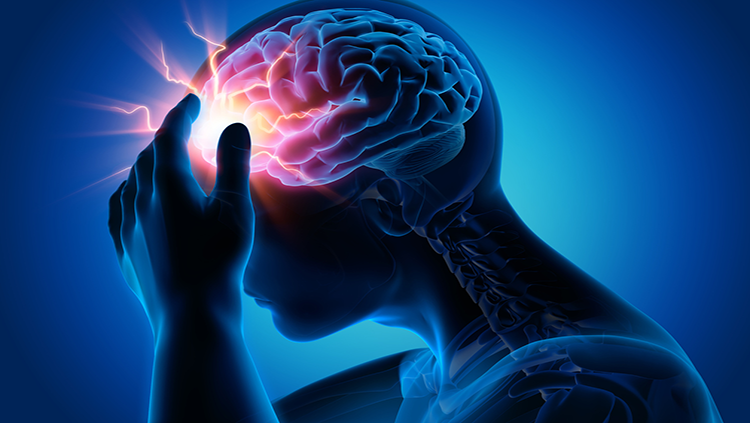
What is Concussion Rehabilitation?
Understanding Concussions
A concussion is a mild traumatic brain injury (TBI) that affects brain function. Concussions typically result from an impact to the head or body, such as during contact sports, a bike or motor vehicle accident, or a fall. While concussions are often considered “mild,” they can lead to significant disruptions in daily life. Symptoms may include headaches, difficulty concentrating, balance problems, and changes in mood or sleep patterns. These symptoms are often aggravated by physical exertion and activity.
When recovering from a concussion, physical therapy can play a vital role in helping manage symptoms and promote healing. Physical therapists focus on addressing secondary issues, such as neck or back pain, and provide strategies to help you manage concussion symptoms outside of the clinic. They also guide you through a gradual return to physical activity, ensuring that you don’t push yourself too hard too soon.
The Recovery Process and How Physical Therapy Can Help
While most concussions improve with time and rest, physical therapy can help speed up recovery. By following a structured, gradual approach, therapy helps you safely resume normal activities without risking further injury. In some cases, individuals may develop post-concussion syndrome—when symptoms persist beyond the typical healing period. Physical therapy is particularly beneficial in treating post-concussion syndrome, helping you recover safely and return to the activities you love.
Here are a few ways physical therapy can help support your recovery from a concussion:
- Exercise Therapy
- A key component of concussion rehabilitation is gradually increasing your endurance and exercise tolerance while managing symptoms. Your therapist will guide you through exercises that are tailored to your current level of recovery.
- Manual Therapy for the Cervical and Thoracic Spine
- Many people with concussions experience neck or upper back pain. Manual therapy can help alleviate tension and improve mobility in these areas, which can be crucial for reducing discomfort and restoring function.
- Balance and Proprioception Training
- Concussions often disrupt your sense of balance. Physical therapists work with you on balance exercises and proprioception training to help you regain stability and prevent falls.
- Vestibular Rehabilitation
- Many concussion patients experience dizziness or vertigo. Vestibular rehabilitation therapy focuses on exercises to improve the function of the inner ear and brain regions responsible for balance and spatial orientation.
- Vision and Oculomotor Rehabilitation
- Concussions can affect your vision, causing problems with eye movement, focusing, or tracking. Oculomotor therapy helps improve these functions, reducing eye strain and helping with reading, focusing, and general visual comfort.
If you could benefit from learning more about concussions or are seeking concussion rehabilitation, schedule an appointment here, call us at 312-643-1555, or email info@dynamic-pt.com.
Dynamic Physical Therapy • https://dynamic-pt.com • 220 W Huron St Suite 2004, Chicago, IL 60654
